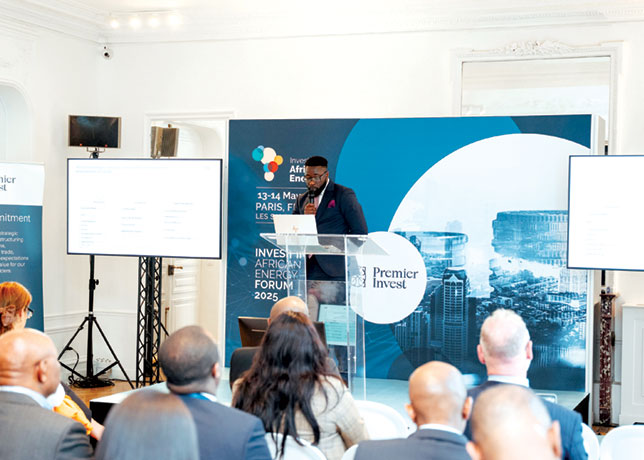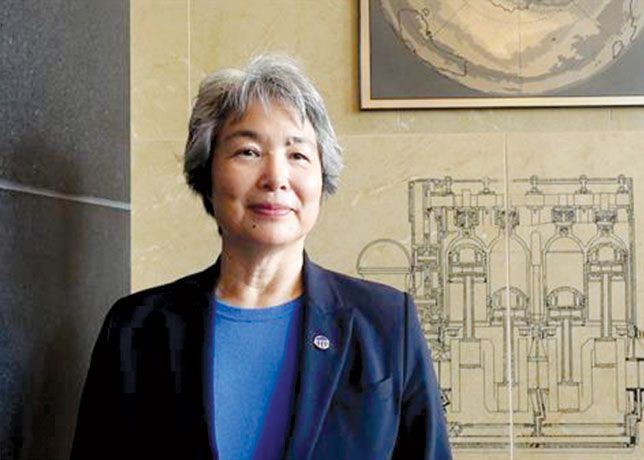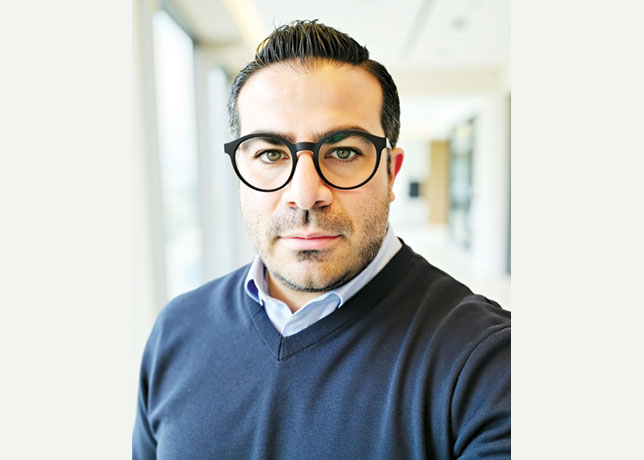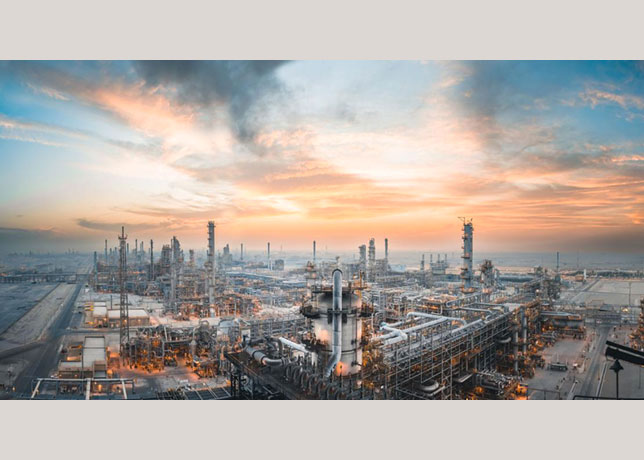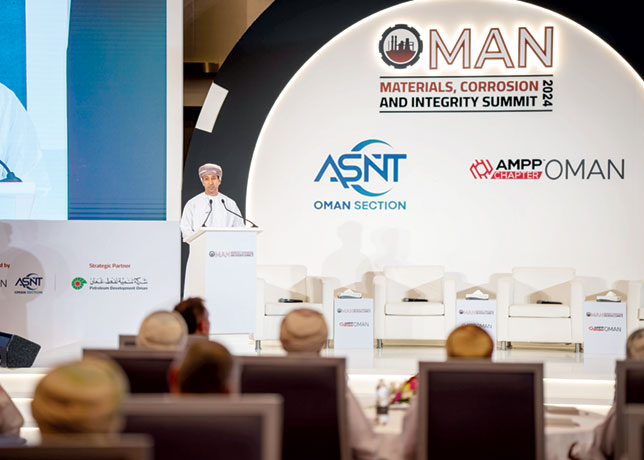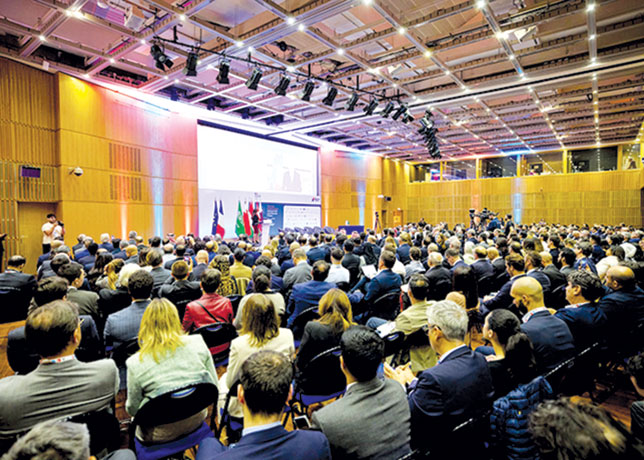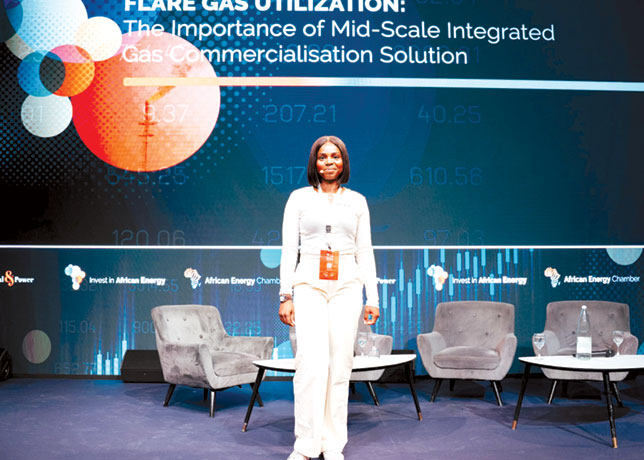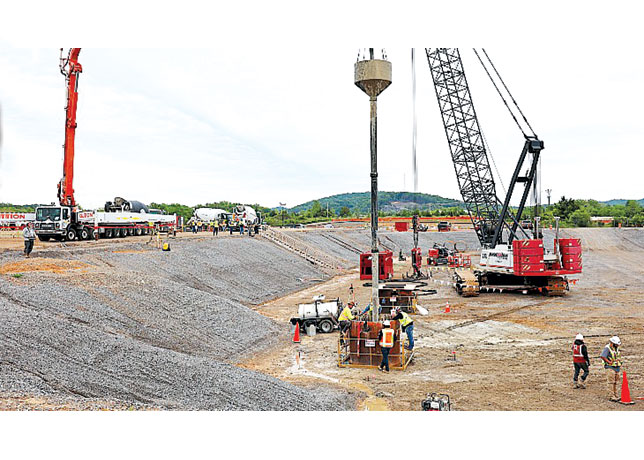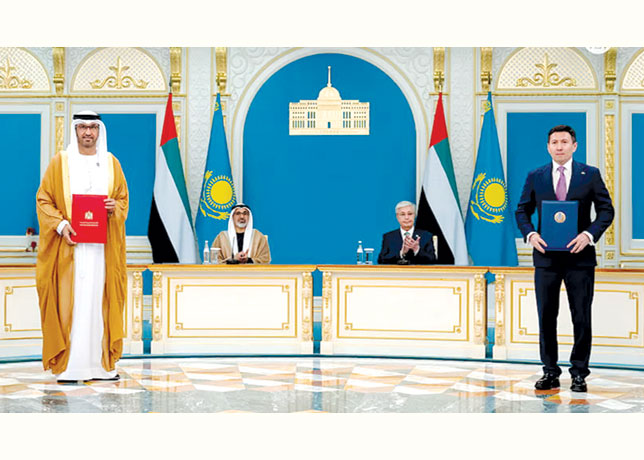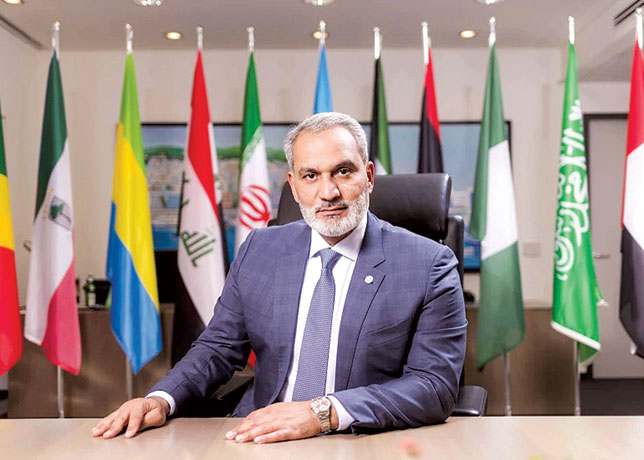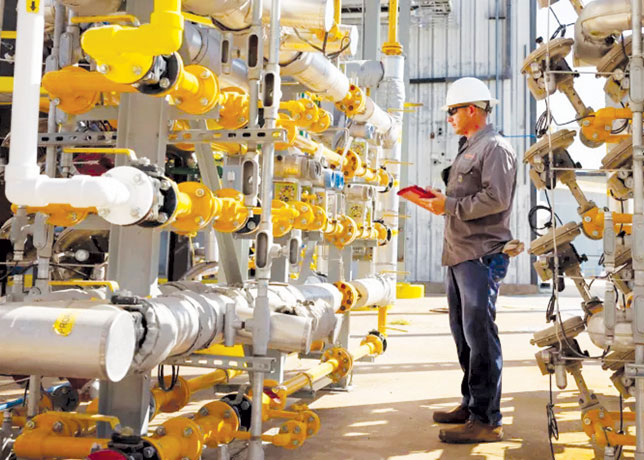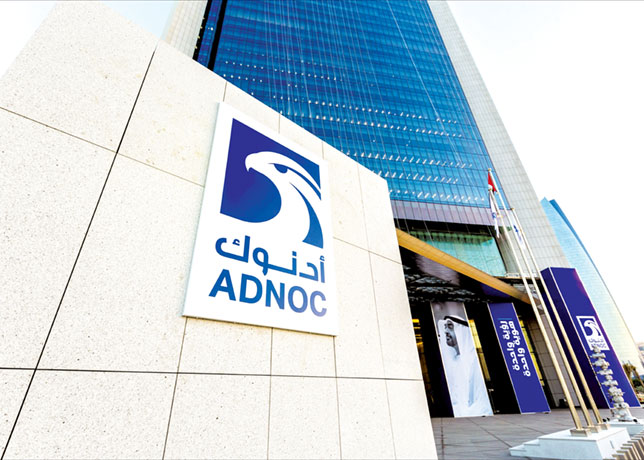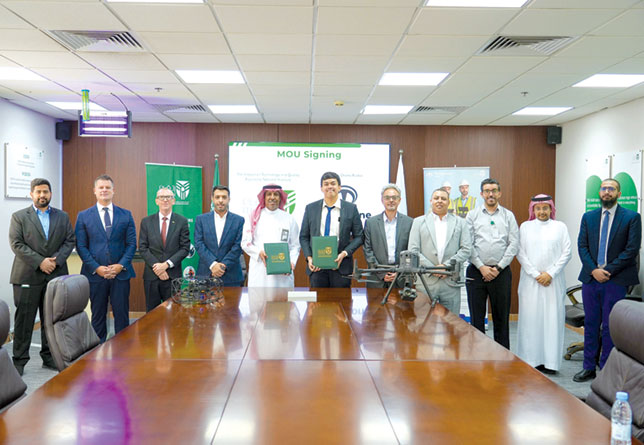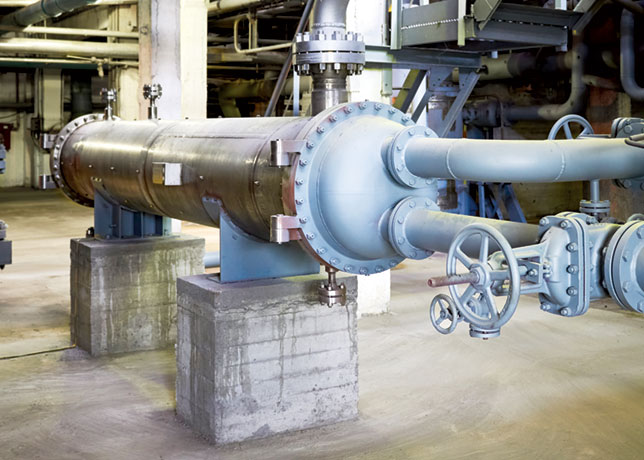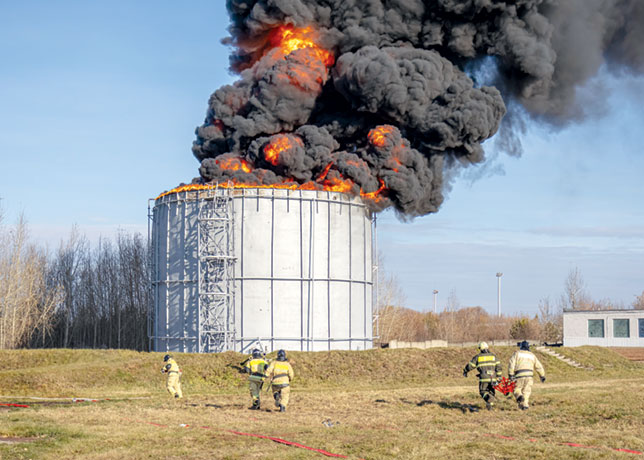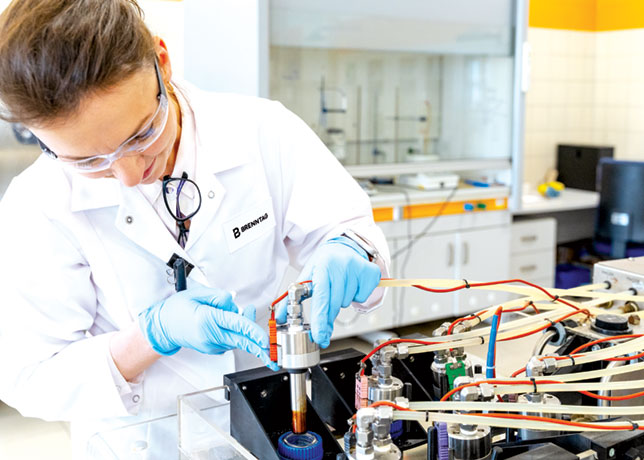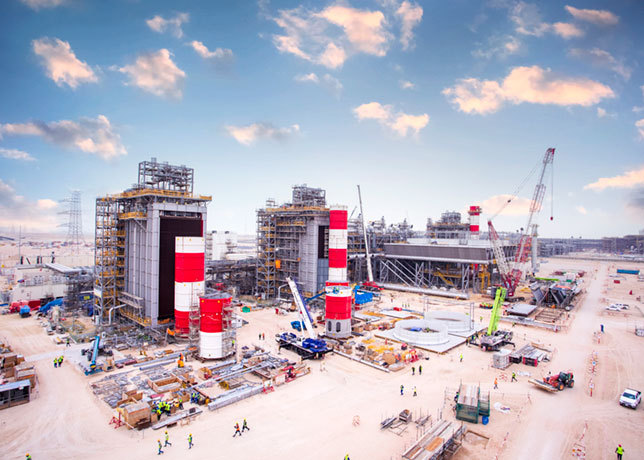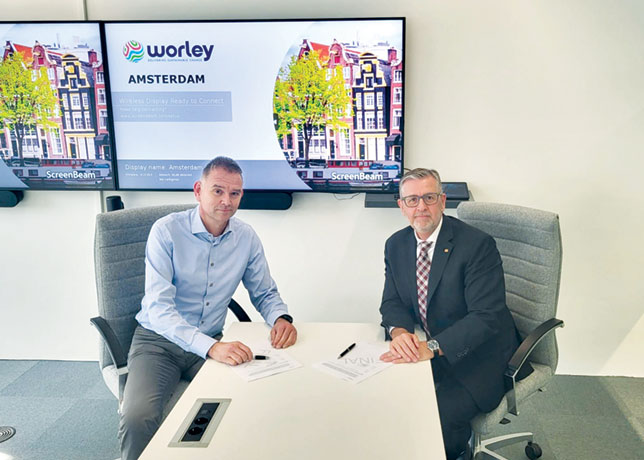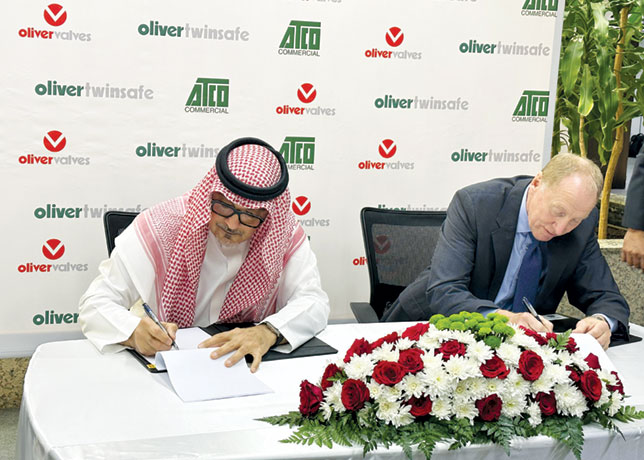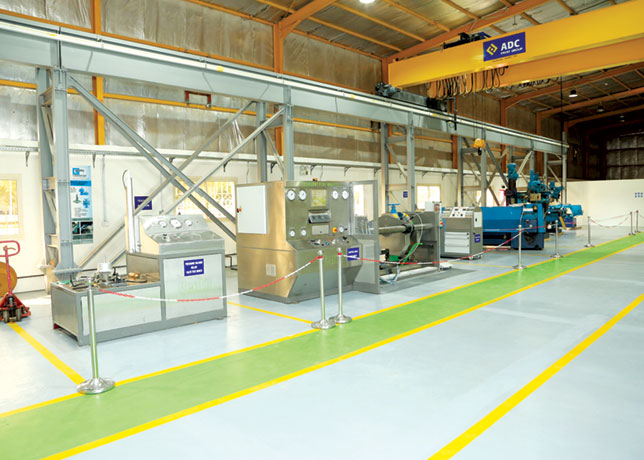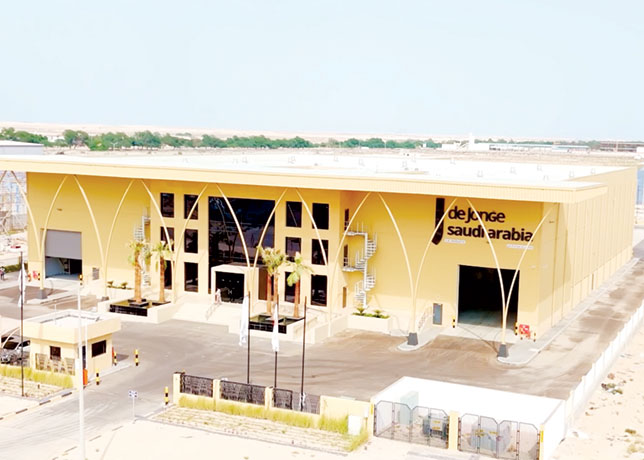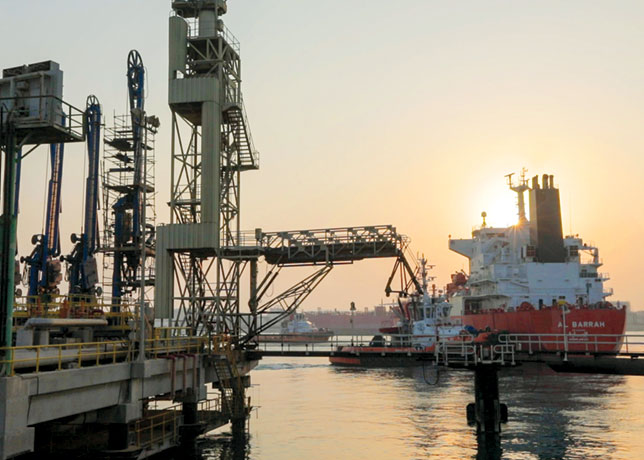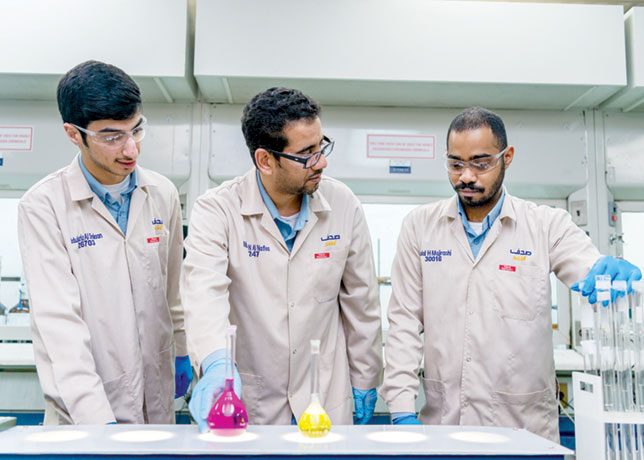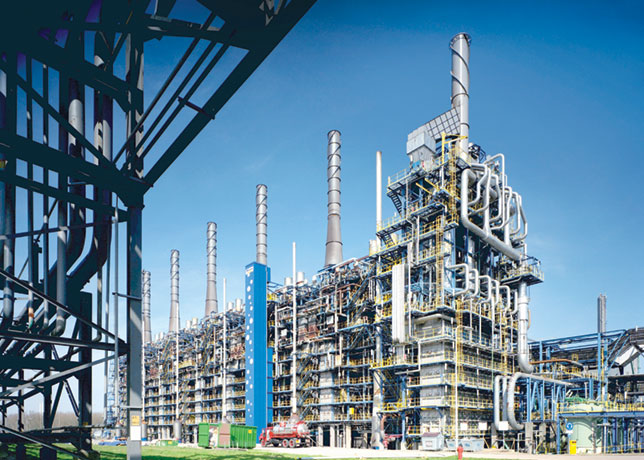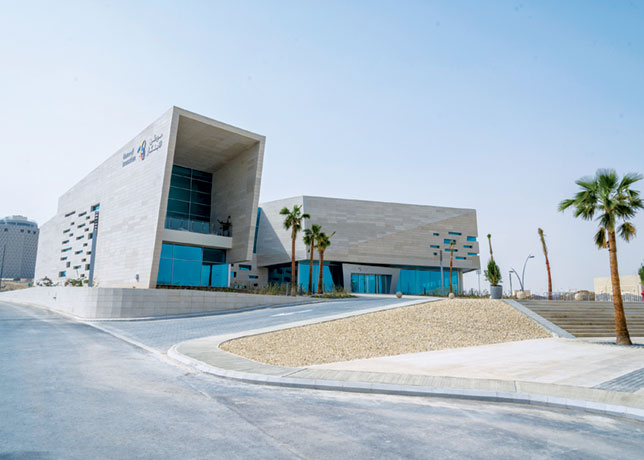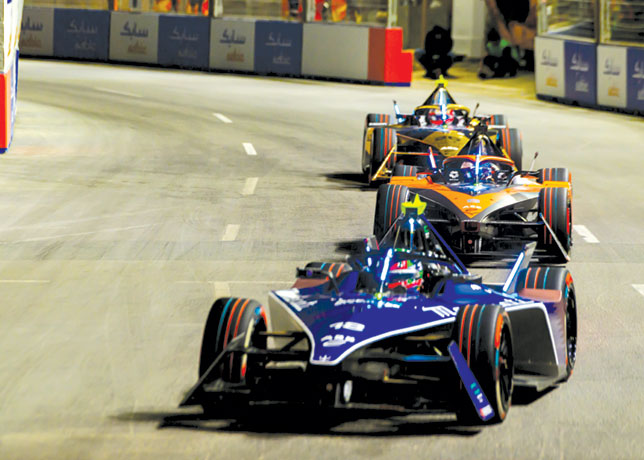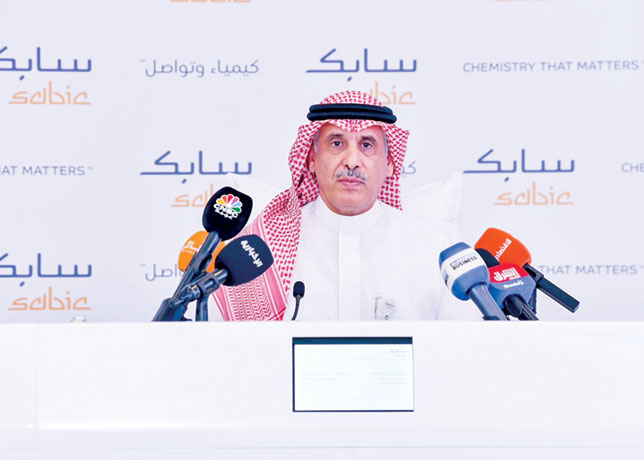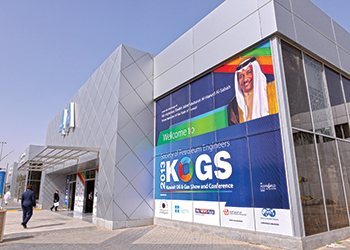
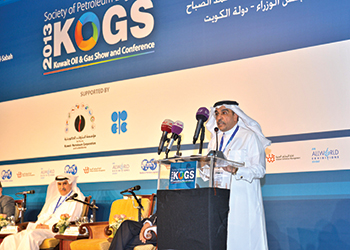 Senior industry figures address crucial topics at Kogs
Senior industry figures address crucial topics at Kogs
The conference will address topics such as reservoir characterisation, well-head completions, production maximisation and unconventional resources
Kuwait is one of the most compelling industry environments in the Middle East. An Opec (Organization of the Petroleum Exporting Countries) member, it houses the world’s sixth largest oil reserves and is the fourth largest exporter of total oil products. Production currently stands at approximately 2.5 million barrels per day (mbpd). By 2020, Kuwait aims to reach a production capacity of 4 mbpd and has announced a series of large-scale ventures to make this happen. Kuwait is also focusing more on natural gas exploration and development to meet domestic demand, and is planning one of the largest downstream projects in the Middle East at Al Zour.
Kogs 2015, supported by the Kuwaiti Government and Kuwait Petroleum Corporation (KPC) and its subsidiaries, aims to welcome the expertise and new technologies this conference and exhibition will bring to the country as it undergoes a period of investment and expansion.
The energy event incorporates an international exhibition of oil and gas hardware and services and a broad spectrum technical conference programme. The three-day exhibition serves all areas of the oil and gas industry; including petroleum geosciences, exploration and production and refining and petrochemical products and services.
The three-day technical conference runs parallel to the exhibition of oil and gas products and services. Taking place under the theme ‘Future hydrocarbon resources: innovations, technology and opportunities,’ it will address keys areas of upstream and downstream interest. This multidisciplinary programme will seek to educate, stimulate and facilitate the Kuwaiti petroleum sector by focusing on science and engineering factors facing those working in Kuwait and the Divided Neutral Zone (shared with Saudi Arabia). In addition to the technical programme there will be extensive poster presentations, workshops and field trips.
The conference agenda also includes four industry panel sessions and five special sessions. Discussion topics include industry strategies in the face of unstable oil prices, the role of gas in the region, innovation, overcoming scarcity of resources, refining industry drivers, women’s networking, local content and the role of the banking sectors.
Senior industry figures will also address crucial topics relevant to the current energy climate ranging from advances in technology, reservoir characterisation, well-head completions, production maximisation, unconventional resources, environmental concerns and case studies.
The opening keynote addresses will be presented by Sheikh Jaber Mubarak Al Hamad Al Sabah, Prime minister of Kuwait; Ali Saleh Al Omair, Minister of Oil, Kuwait; Nizar Al Adsani, CEO, KPC; Hosnia Hashim, VP operations, Kuwait Foreign Petroleum Exploration Company (Kufpec) and Janeen Judah, 2017 president, SPE.
This will be followed by the executive plenary session titled: Future hydrocarbon resources: innovations, technology and opportunities’. Moderated by Farouk Al Zanki, independent consultant, the session will have eminent speakers like Abdalla Salem El Badri, secretary general, Opec; Hashem Hashem, CEO, Kuwait Oil Company (KOC); Mohammad Al Mutairi, CEO, Kuwait National Petroleum Company (KNPC); Samir Brikho, CEO, Amec Foster Wheeler and Bob Dudley, CEO, BP.
The invited speakers of this executive plenary session are world leaders in the industry that will showcase their organisations’ learnings and success stories in boosting the power of innovation, technology, and opportunities to maximise the results of their operations in upstream and downstream. They will relate their vision about the power of engaging in integrative initiatives to empower the industry’s results, reputation, and performance.
The session will talk about how technology, innovation, and the identification of opportunities are instrumental to efficiently produce the hydrocarbon resources of the world. The known abundance of oil and gas is now multiplied by the addition of unconventional resources, establishing new frontiers for the utilisation of technologies that have the capacity to enable the future of the energy industry.
The first panel session, with speakers such as Jamal Abulaziz Jaffer, deputy CEO, KOC; Stephane Michel, president Middle East and North Africa (E&P) Total; Dave Masson, vice president Upstream Development Growth and Joint Ventures, Shell; Ahmed Kenawi, vice president Middle East, Halliburton and Aaron Gatt Floridia, president, Reservoir Characterisation Group, Schlumberger, will discuss: Industry strategies facing unstable (or declining) oil prices and high cost environment. This will be moderated by A Salim David Khemakhem, vice president, Well Operations; Zadco Lionel Levha, general manager, Total and Waffa’a Al Zaabi, deputy managing director, KPC.
In an environment where the oil price has dropped by more than 50 per cent in a few months, how are the different players reacting and what are their strategies to face what can be considered as 'one of the most difficult challenges the energy sector had to take up for the last 25 years'. This panel will see how the energy players are reacting when confronted with this uncertain environment.
The second panel will debate ‘the role of gas in the region’. Over the past few years gas has sailed up as a major source of growth in energy supply, through increased development of known resources, discovery of new conventional fields and exploitation of unconventional resources. Gas is being hailed as the product of choice because of its apparent abundance, its low environmental impact, and its safety record, particularly when seen as an alternative to other energy sources. However, this resurgence carries with it new challenges, particularly in the Middle East. The Middle East and North Africa (Mena) as a region accounts for around 40 per cent of the world’s proven gas reserves, but only 10 per cent of current production. These challenges will have special focus in the Kogs 2015 conference.
Among the regional issues that could be addressed are the rising demand for energy in general, gas as a cheap source of fuel for domestic industrialisation, the limited current cross-border trade in gas, the options for new pipelines and LNG transport, the sour gas with high H2S content that required technologies and know how to be treated, and the need to maintain oil as an export commodity for maintenance of budget balances. Gas markets in the area could tighten significantly if these issues are not addressed, but the possible presence of large unconventional gas potential could also have major ramifications following the success of shale gas in the USA and the plethora of potential other energy sources (for example, coal and renewables).
However, both piped gas and LNG provide opportunities for trade within the region and further afield. In this area pricing policies for gas will have a major impact on option development, despite the pressure of US shale gas, Asian oil-indexation and European hybrid spot-term pricing. Throw in the shift in operational tactics by pirates in the Indian Ocean, using larger vessels to extend their reach to all major shipping lanes in the area, and the set of challenges to gas in the region should provide the basis for significant discussion in Kogs 2015.


